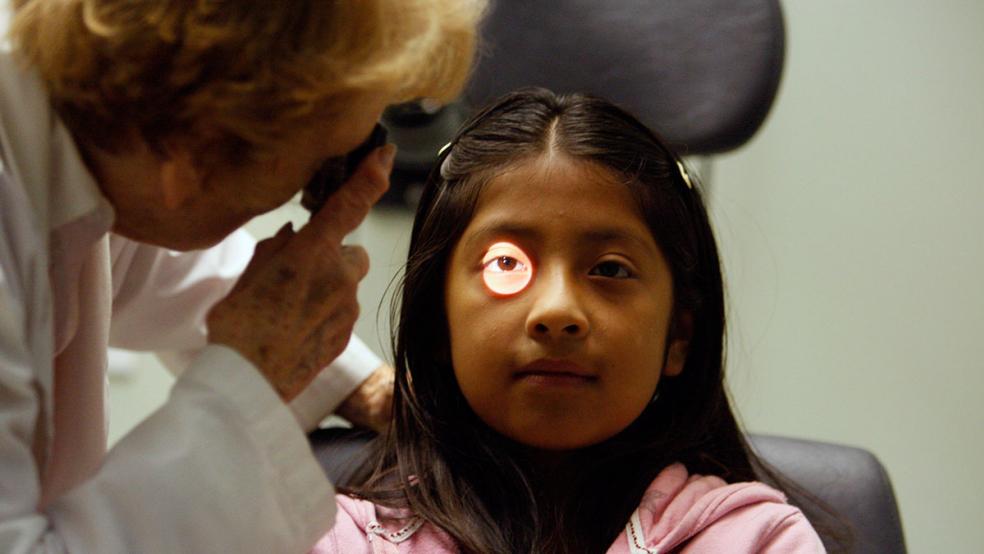Medicare for All and other health care proposals have been the subject of months of heated debate and sniping among politicians, both Democrat and Republican. But with the 2020 election still more than 500 days away, voters aren’t paying much attention to the nitty-gritty of the policy debate, according to Drew Altman, president and CEO of the Kaiser Family Foundation, a non-profit focused on health care.
Writing at Axios Monday, Altman said that most voters are “only dimly aware” of the details of the various health proposals that are being discussed in Washington — and that there’s a huge gap between the ideas being discussed by politicians and policy experts on the one hand and the daily struggles with the health care system experienced by ordinary Americans on the other. Political activists may be skirmishing over plans for single-payer health care or changes to Obamacare, but most voters aren’t following along.
Conducting focus groups in Texas, Florida and Pennsylvania, Altman found that most participants didn’t see the policy debates as relevant to their concerns about health care. While the voters said that health care would be an important issue for them in the 2020 presidential election, many had never heard of Medicare for All, Medicaid buy-in or Affordable Care Act state block grants. When those and other proposals were described to them, participants said they sounded complicated and worried about the potential effects on their existing health care coverage.
Overall, Altman said, “Most voters in these groups don’t seem to see the current health reform proposals on either side of the aisle as solutions to their top problems: paying for care or navigating the health insurance system and red tape.”
Voters just want a fix: The Wall Street Journal’s Stephanie Armour reports that more voters in a recent WSJ/NBC poll cited health care as the top priority for the government than any other issue, including immigration and national security. About half of voters would pay more in taxes to pay for universal health care, Armour said. At the same time, about 80% of Americans say they currently have good health care, which could make it hard to win support for sweeping changes to the system.
“The American people are saying we still need this fixed,” Lara Brown of George Washington University told Armour. The problem is, there’s little agreement on how to go about solving the problem.




